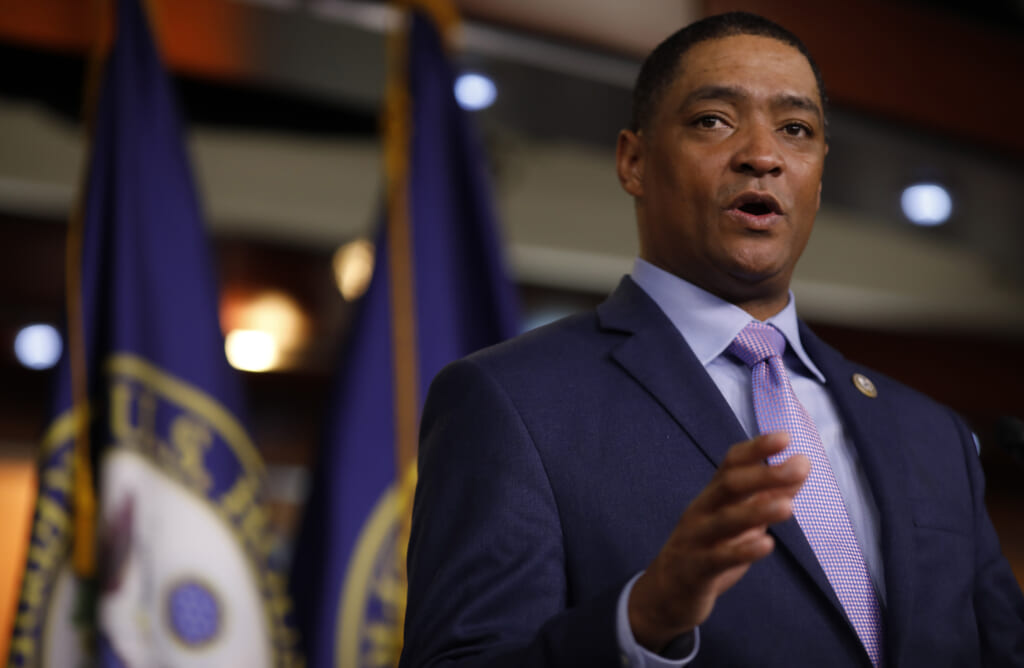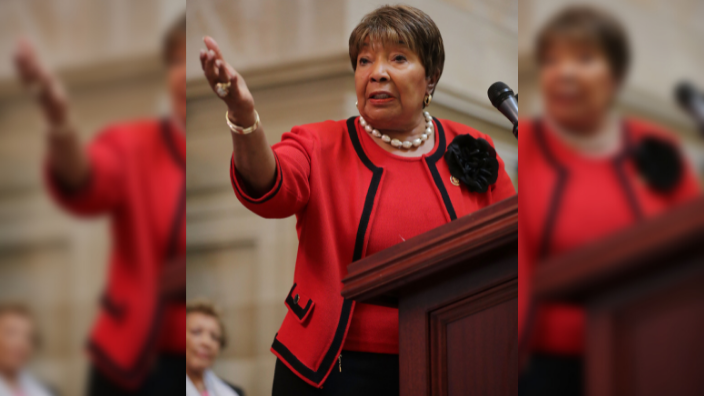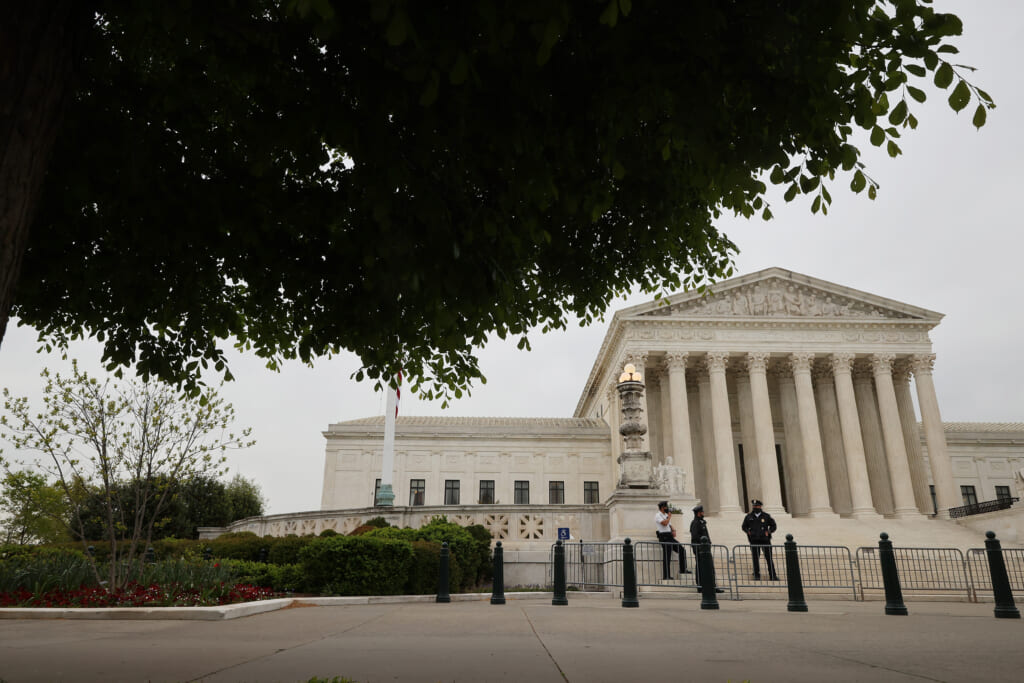Rep. Eddie Bernice Johnson slams Texas GOP’s ‘neanderthal’ restrictive voting bill
Exclusive: As Republican-led state legislatures pass sweeping voter laws ahead of the midterm elections, Democrats mull over their political defense
Vice President Kamala Harris is hosting a conversation on the issue of voting rights at the White House on Wednesday to follow up on the emergence of voting restrictions across the country.

The fight for voting rights is more than a half-century old, and issues of voter suppression remain the subliminal intent by many states led by Republican legislatures and governors.
States like Texas are on the precipice of following the lead of Georgia and Florida on some of the most restrictive voting laws in this nation.
Read More: New ad from Stacey Abrams’ Fair Fight warns young Black voters about ‘Jim Crow 2.0’
Georgia has passed S.B. 202, also known as the “Election Integrity Act of 2021.” However, the debate on constitutionality and equity rages down party lines as Republicans suggest the law allows more time to vote while Democrats contend it is voter suppression in action. One of the restrictions in the law maintains no one is allowed to bring water to those standing in line to vote.
Now the Texas state legislature is expected to vote and pass the next round of restrictive voting law by the end of the month.
In an interview with theGrio, White House Senior Advisor Cedric Richmond called this practice “anti-democracy,” as “Republicans have decided that their only way to win is to decrease the number of minorities that vote. And that’s what you see them doing around the country. And that’s dangerous.”

Kristen Broady, policy director of The Hamilton Project and a fellow of Economic Studies at the Brookings Institution thinks, “limitations in the Texas bill including restrictions on extended early voting hours and bans on drive-thru voting among others” is an attack on marginalized communities.
“It is an attack on the very essential workers that have been so vital during the COVID-19 pandemic, limiting their access to the ballot box, and to participating in the legislative process that would allow them to elect officials who might better serve them,” said Broady.
“It is an attack on Black and Brown people who live in the most populous areas of the state, on people who lack reliable transportation, on people who do not have flexible work schedules, making it more difficult for them to exercise their right to vote.”
Congresswoman Eddie Bernice Johnson of Texas feels the clock is turning back on any advances in voting with these new voting laws.

“At some point, we’re going to have to come to some reckoning in Texas, because without the opportunity to revolt, they can continue these neanderthal ideas and the way they function,” Johnson told theGrio.
The Texas U.S. representative believes the attack on the right to vote is a retaliation tactic for many of the Democratic wins across the nation in the past two national elections.
Richmond says a solution to the restrictions would be to “renew the Voting Rights Act.”
Read More: President Obama urges Black Americans to ‘fight back’ against voter suppression
“You see redistricting coming up and with a tight House and Republicans controlling many state legislatures around the country,” Richmond maintained. “To make sure that there’s fair elections for next year and so the Voting Rights Act played a big part … especially states that had a history of discrimination and access to the voting booth.”
Initially, lawmakers sought to pass the John Lewis Voting Rights Act in the past Congressional session. This bill focused on repairing the Voting Rights Act of 1965 that was gutted by the Supreme Court in 2013 in the Shelby V. Holder decision.

Now under President Joe Biden’s leadership, Democrats are aiming to pass H.R 1, the For the People Act of 2021, which requires hearings around the nation on matters of voting rights before a vote can take place. North Carolina Congressman G. K. Butterfield has been hosting those hearings across the country.
Richmond contends the fight for voting rights it to counter the real tactics of “voter intimidation, voter discrimination and all of those things that we can come back with a bill that will pass constitutional muster.”
One of the main issues with implementing voter restrictions in Texas specifically is that once the laws are passed and signed by the governor, the next legislative session — when a counter bill can be proposed and voted on — will not occur until the following year thanks to the state’s function as a biennial legislature.
According to Congresswoman Johnson, “their legislative session, which they go in every 140 days every other year,” is the main source of rapid movement on the legislature’s part and angst on voting rights advocates end.

The White House and Democrats on Capitol Hill are building support within statehouses to restore voting rights across the country.
One such example is unfolding in the state of Virginia. State Senator Jennifer McClellan is working to counter the Republican-motivated sweep of restrictive voting laws. McClellan who is running for governor has a plan that builds off of her work passing the first Voting Rights Act in the South and will be the first standalone voting rights plan from any Virginia gubernatorial candidate.
The McClellan proposal contains her plans to automatically restore voting rights to Virginians who have served their sentence, create an automatic vote by mail system, implement ranked-choice voting statewide and more.
Have you subscribed to theGrio’s “Dear Culture” podcast? Download our newest episodes now!
TheGrio is now on Apple TV, Amazon Fire and Roku. Download theGrio.com today!
